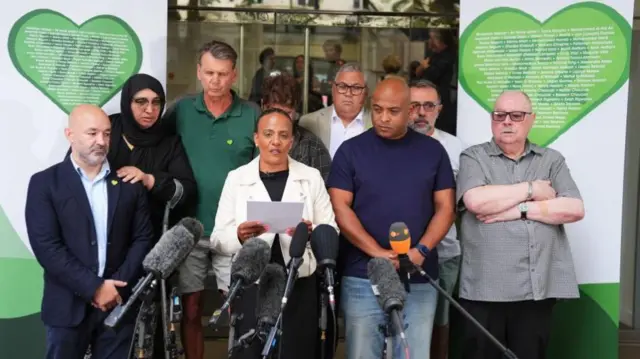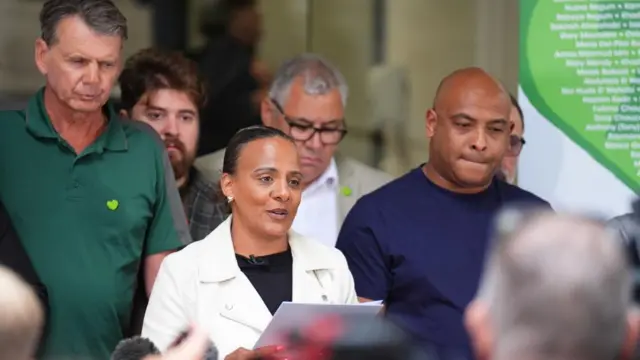Starmer to make statement to MPs shortlypublished at 12:25 BST 4 September 2024
We'll be hearing directly from the prime minister in a few minutes' time.
Keir Starmer is currently taking part in the first Prime Minister's Questions since Parliament returned from its summer break.
He is due to respond to the inquiry's findings to MPs in the House of Commons from 12:30 BST.
We'll be streaming it at the top of this page, or you can follow text updates in the feed below.


